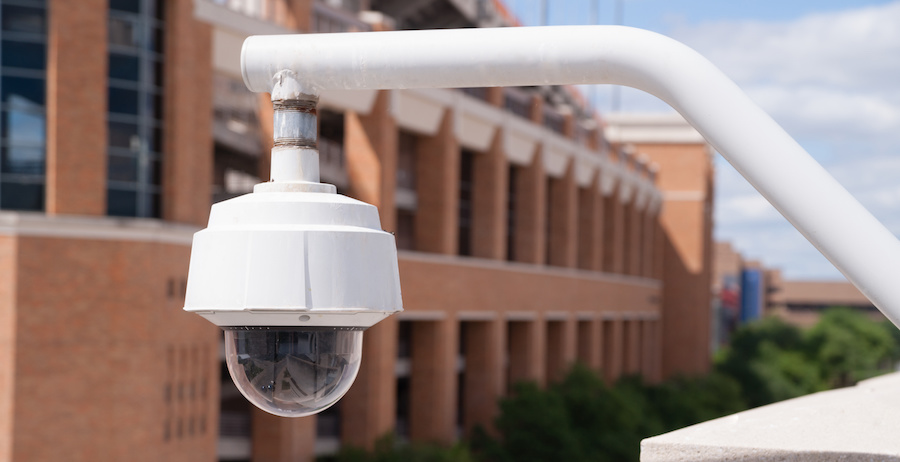All offsite storage facilities should invest in the latest security measures so that their clients can be assured that their documents will be safe throughout their retention cycles.
Letting go of confidential information can be a worrisome process for clients, especially as data breaches are becoming more common and information criminals are becoming more capable; but knowing that their files are going to safe hands can make the process that little bit easier.
For those not in the offsite storage industry knowing whether a facility is secure or not might be problematic. Storage facilities have security features that are industry specific; therefore an outsider to the offsite storage world might not necessarily understand the importance and necessity of those features.
To learn more about how to find top class storage facilities please check out our blog post: Document Storage companies that excel – How to find them
As storage facilities become more security focused, and implement more advanced security measures, clients might no longer know what they should be looking for when it comes to assessing how secure a facility is. Hopefully the following analysis of what security measures clients should expect from their offsite storage vendor will help!
-
24 hour CCTV
A client should always expect a facility to be monitored by 24/7 CCTV, now a basic security requirement in most public places around the U.K.
CCTV can enable storage providers to closely monitor their clients’ information day and night; and can give their clients the peace of mind they expect when storing their data offsite at a secure facility. For this reason almost all first rate facilities have CCTV in place, and clients are advised to walk away from those vendors that don’t.
-
Onsite Specialists
Having staff on the ground means that if clients ever have a query or are faced with an information emergency they know that they can get the support and expertise they require. A friendly face, with the right expertise, could be reassuring for a client whose business has recently become the target of data fraud or has been affected by a natural disaster.
-
Alarms
Competitive facilities that are prepared to go the extra mile to secure their clients’ documents might chose to put in place police alarm systems; clients should also check for fire alarms too although it is quite unlikely that a facility would not have one of these!
A police alarm system means that in the unlikely event a facility were breached the police could get on the scene in no time.
What most clients might not realise is that their documents are most vulnerable when they are in transit. Indeed a lot of facilities might overlook securing this part of their service.
Clients should always ask their storage provider whether they use GPS tracked vans and who they employ to drive their vans. An offsite vendor can monitor a GPS tracked van from the moment it sets off from the facility to the moment it returns, and these vans should only be operated by fully vetted drivers, preferably directly employed by the facility.
-
A Robust Facility
It is recommended that clients chose facilities which are housed in robust and secure buildings such as a bombproof warehouse for example rather than an ordinary office block; buildings that are solely designated for the storage providers use.
An offsite provider that shares its facilities with multiple companies is likely to be less secure as more people will have access to their storage spaces.
-
Barcode Tracking
Offsite facilities might have a number of methods for tracking a client’s documents but one of the most effective and reliable techniques is barcode tracking. Barcode tracking can be used on individual files or entire boxes of documents; this tracking technology means that an offsite vendor can monitor a client’s documents the entire time they are stored with them.
The barcode system also enables clients to remotely monitor their files so they are able to keep tabs on their documents from the comfort of their own offices.
Secure storage facilities will make protecting their clients documents their number one priority and will have the tools to ensure their clients’ information is safe until the day that information is destroyed.








